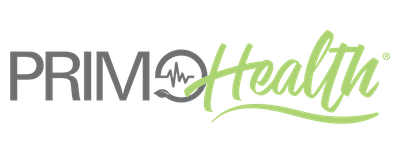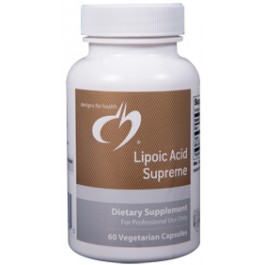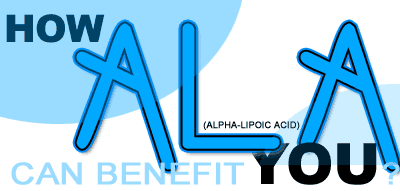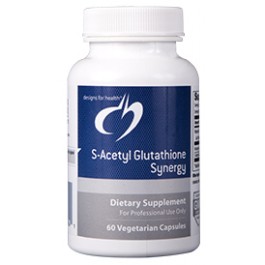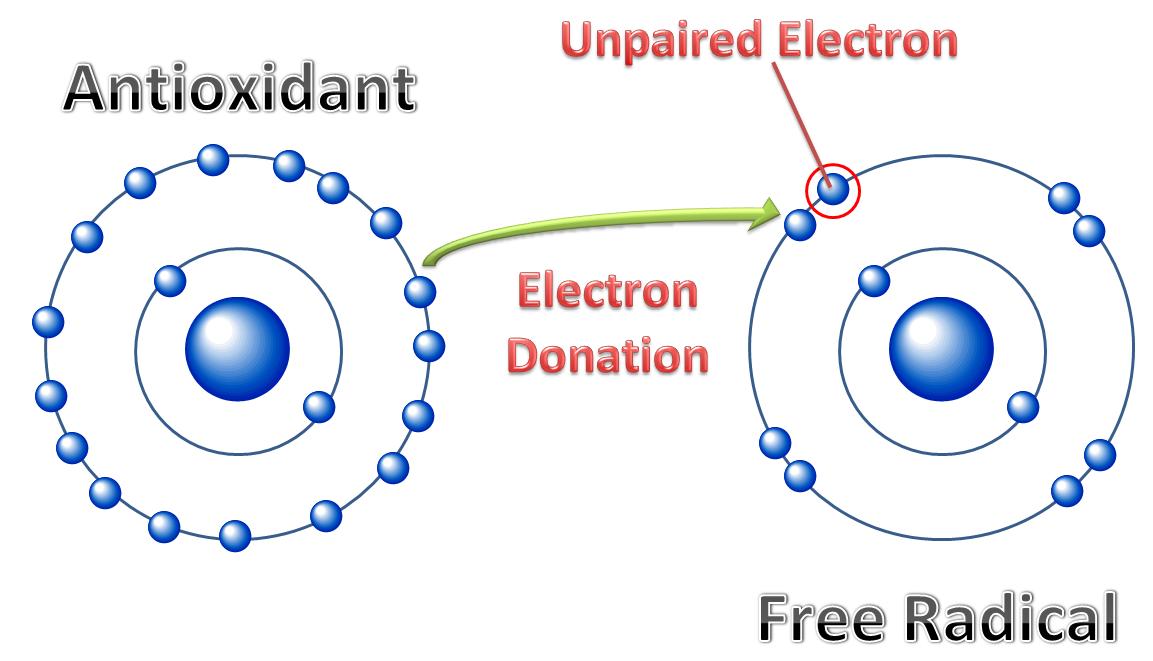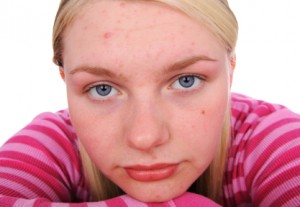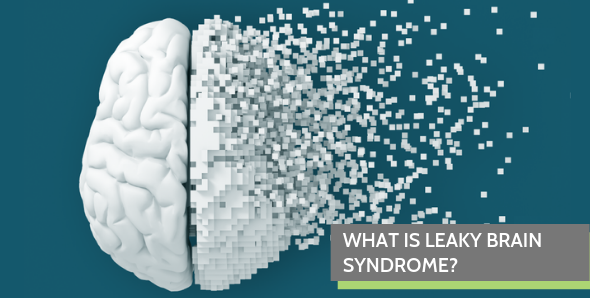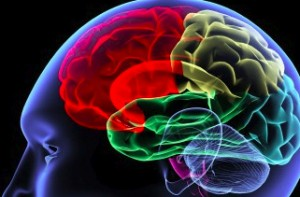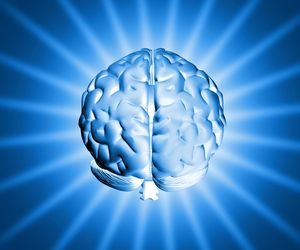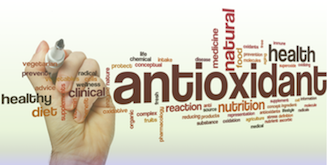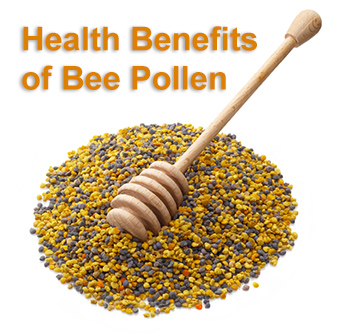
Bee Pollen, Propolis & Royal Jelly
By Gene Bruno, MS, MHS – Dean of Academics, Huntington College of Health Sciences
The common honey bee is a fascinating little insect that offers us humans some valuable natural foods with health-promoting benefits. These “super foods” include bee pollen, royal jelly and propolis.
Bee Pollen
Bee pollen is the pollen gathered from plants by honey bees, and brought back to their hive. Bee pollen contains all of the eight essential amino acids in amounts that vary between five to seven times the level found in equal weights of traditional high protein foods. It also contains vitamins A, D, E, K, C and bioflavonoids, as well as the complete B- complex; especially pantothenic acid (B5) and niacin. The high levels of vitamin B5 are particularly beneficial for the adrenal glands which are adversely affected during stress. Bee pollen has been used traditionally as an anti-aging food, and an energy food. As a matter of fact, it has been used by a number of Olympic athletes to improve their performance.
